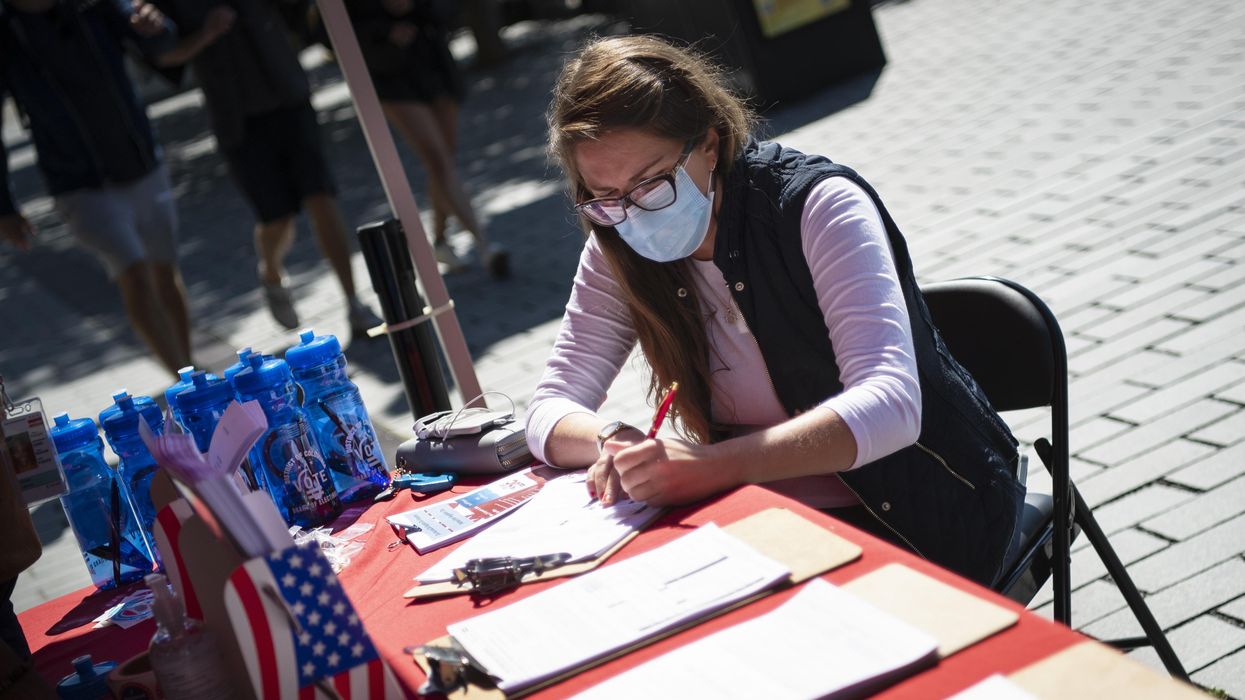Despite the coronavirus pandemic throwing election administrators and voters for a loop in 2020, nearly every state reported increases in the number of registered voters compared to the previous presidential contest. A few grew their voter rolls by more than 20 percent.
Overall, the United States added nearly 14 million voters to the rolls, a 6.5 percent bump from 2016. Forty-nine states and the District of Columbia reported their voter registration data to the Election Assistance Commission, which released the numbers in its post-election report this week. (North Dakota does not require voter registration.)
Thirty-two states and D.C. reported registration rates higher than the national average, while 18 states fell below that mark.
These states (and D.C.) saw the biggest increases in registered voters from 2016 to 2020:
- District of Columbia, 27 percent
- South Carolina, 22 percent
- Nevada, 21 percent
- Utah, 18 percent
- Texas, 18 percent
But some states saw minimal growth, or even declines, in voter registration:
- New York, -16 percent
- Indiana, -3 percent
- Iowa, 1 percent
- Louisiana, 1 percent
- West Virginia, 1 percent




















